Last Friday (October 5th) a bunch of software testing nerds and one agile girl gathered in Hotel Bergse Bossen in Driebergen talk about software testing with the central theme “experience reports: implementing context-driven testing”. Ruud published almost all the photos I took on the DEWT website, so I have to write a report in text here. Thanks dude 😉
After some drinks and having dinner we gathered in the conference room called the chalet. I think they call it the chalet because of the humid smell inside because it certainly didn’t look like a chalet.
But never mind, the room was good enough to do a peer conference. Lighting talks were on the program for Friday and Jean-Paul started with a talk in which he asked the question: “Is the context-driven community elitist?”. Jean-Paul sees a lot of tweets and blogs from people in the context-driven community who seem to look down on the rest of the testing community sending the message “look how great we are!”. Is this effective behaviour given the fact that the context-driven community wants to change the way people test, he asked himself.
Joris had a short and clear answer to the first question: “yes!” (the context-driven community is elitist). We had a long discussion that went everywhere but never close to an answer to question about effectiveness and how it can be done better. Never the less it was a valuable and fun discussion. I will blog about this later this year.
We had a great evening/night with home brew beer “Witte Veer”, Belgium beer brought by Zeger and a bottle of Laphroaig quarter cask brought by Joris. Sitting at the fire place a lot of us stayed up until late…
Saturday morning the last DEWTs and guests arrived. With 23 people in the room we had a great group. Our guest were: Markus Gärtner, Ilari Henrik Aegerter, Tony Bruce, Gerard Drijfhout, Pascal Dufour, Rob van Steenbergen, Derk-Jan de Grood, Joep Schuurkes, Bryan Bakker, Lilian Nijboer and Philip-Jan Bosch. The DEWTS: Adrian Canlon, Ruud Cox, Philip Hoeben, Zeger van Hese, Jeanne Hofmans, Joris Meerts, Ray Oei, Jeroen Rosink, Peter Schrijver, Jean-Paul Varwijk and myself.
Peter was our facilitator and for the first time we used k-cards at DEWT to facilitate the discussion. I really like this method, but Lillian didn’t. She had an interesting discussion on twitter with some DEWTs.
Jean-Paul: I like the LAWST format we are using for #DEWT2
Lilian: @Arborosa i don’t. impersonal and inhibits useful discussion
Markus: @llillian @Arborosa What’s the improvement you’re suggesting? 🙂
Lilian: @mgaertne @Arborosa but i am invited and feel i at least have to try it this way
Jean-Paul: @llillian @mgaertne Invite us to an agile event to learn alternatives
Markus: @Arborosa @llillian Funny thing, I would like to introduce more focused-facilitated sessions quite often in agile discussions using k-cards.
Lilian: @mgaertne @Arborosa different ppl prefer different things 🙂
Ilari kicked of with a presentation about the introduction of context-driven testing at eBay. He had two very interesting ideas: the first is “Monday Morning Suggestion” a short email to his team with tips, tricks or interesting links. The second was that he supports his team in getting better and learning by paying for their books and conference visits. Great stuff!
Second was Markus Gärtner with a story about him coaching a colleague to become a better tester and more context-driven. He talked about his lessons learned coaching where teaching gradually turned into coaching. He also gave some insight in the transpection sessions he did using the socratic method.
The third presentation was about changing people to become more context-driven by Ray Oei. An interesting discussion developed about how to get people to change. We focus too much on the people who do not want to change instead of working with the people who do want to change. Pascal asked an interesting question which I put on twitter: “If all testers become context-driven overnight, are we happy?” James Bach replied: “Yes, we are happy if all testers become CDT” and “We are happy if all testers take seriously the world around them, and how it works, and dump authoritarianism”. To me it doesn’t really matters, I do hope that more people become CDT, but I prefer good software testing no matter how them call it.
After the discussion Joris said he was attending the wrong peer conference since he expected a lot of discussion about testing instead of what he calls “people management”. An interesting question, but isn’t testing also a lot about people? Just an hour late we went for lunch and a walk in a wet forest. After the walk the group photo was taken.
The forth talk was by Ruud Cox who talked about testing in a medical environment. He described the way he has been working. He and his colleague tester use exploratory testing to learn and explore. Scripted testing was used to do the checking. Ruud explained that exploratory testing fits very well in an R&D environment. After his talk we had an interesting discussion about auditors and their role in testing.
Around 16:00 it was my turn to do my talk about implementing context-driven testing within Rabobank. I did a short version of the talk I will do at EuroStar in November telling about the challenges we had and what we did to change our context. What did we do? What worked and what didn’t? Some interesting questions were asked. And we had a nice discussion about the personal side of becoming more context-driven where Joep explained how he became context-driven. The first stage was being interested and he went looking for a book. The second stage took him over a year where he struggled with the stuff he learned at RST and trying to adapt his way of working. The third and last stage is where he doesn’t need anything anymore because he will always find a way to make things work.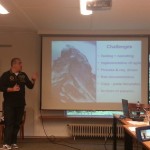
After my talk and the discussion the day ended. We did a quick round to discuss our experiences and thanked the people for attending, organizing and facilitating. Our agile girl still doesn’t know what to think about the facilitation with the k-cards, she obviously had to get used to discussing with the cards. I am curious how she thinks about them when she had the chance to think about it some more.
All together I had a great time. Pity we didn’t play the Kanban game on Friday. But I hope Derk-Jan will give me another chance at the game night at TestNet in November. Thanks all for the awesome weekend!!
DEWT3 is already being planned for April 20 and 21 next year and James Bach will attend. Let me know if you are interested in joining us in April 2013. The topic hasn’t been decided yet, but if you have great ideas please share them.
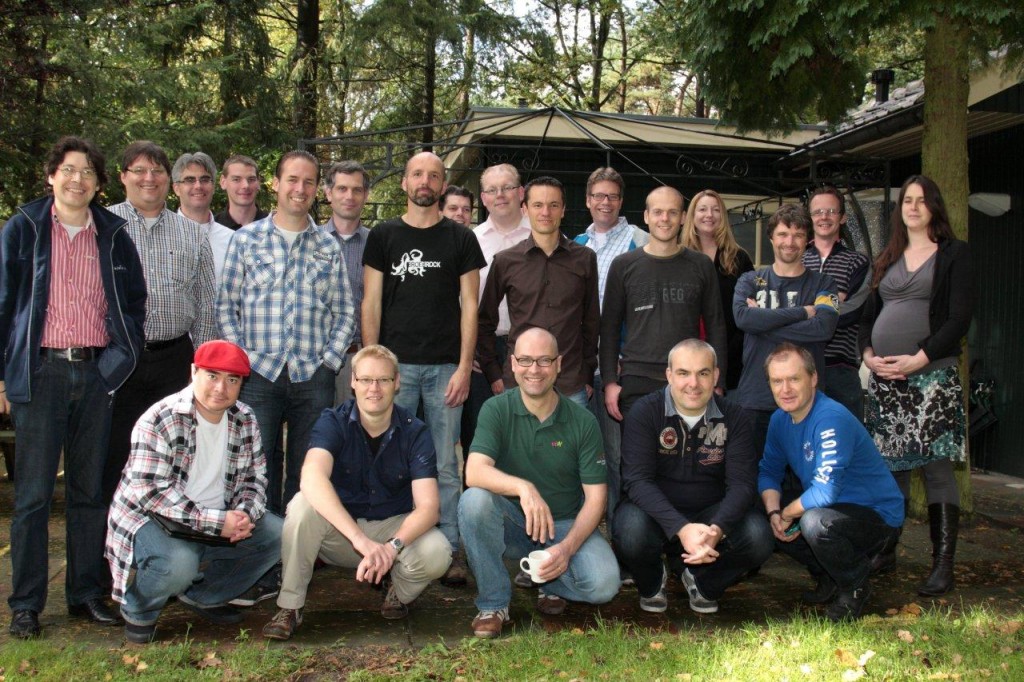 Standing left to right: Ray Oei, Jean-Paul Varwijk, Adrian Canlon, Markus Gärtner, Ruud Cox, Joris Meerts, Pascal Dufour, Philip Hoeben, Gerard Drijfhout, Bryan Bakker, Derk Jan de Grood, Joep Schuurkes, Lilian Nijboer, Philip-Jan Bosch, Jeroen Rosink, Jeanne Hofmans
Standing left to right: Ray Oei, Jean-Paul Varwijk, Adrian Canlon, Markus Gärtner, Ruud Cox, Joris Meerts, Pascal Dufour, Philip Hoeben, Gerard Drijfhout, Bryan Bakker, Derk Jan de Grood, Joep Schuurkes, Lilian Nijboer, Philip-Jan Bosch, Jeroen Rosink, Jeanne Hofmans
Kneeling left to right: Tony Bruce, Zeger van Hese, Ilari Henrik Aegerter, Huib Schoots, Peter Simon Schrijver

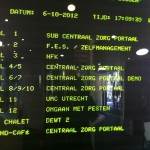
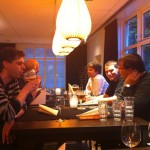
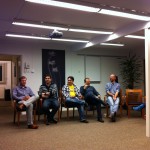
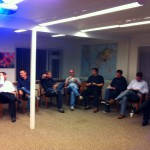
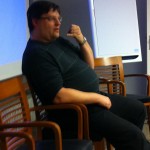

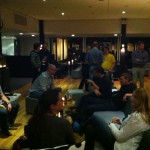
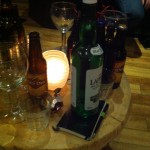

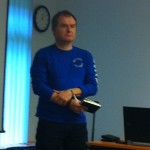
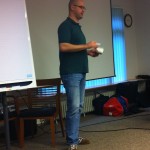
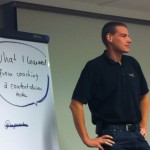


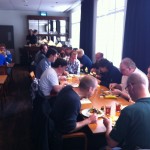
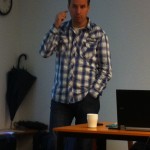
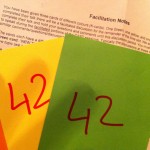
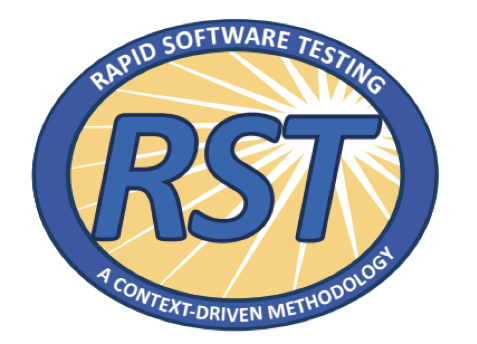

Good write-up!
I’m sorry I missed the discussion on friday night, sounds like a good theme for another evening / conference!
Good report!
I already picked up a few good ideas.
I’m making the assumption you’re using the same card system that we use at our peer conferences.
The card system is the best system I have seen to manage and channel group discussion. At the first peer conference, it took a little while to get used to it but it was comfortable after that.
I don’t understand how it inhibits useful discussion… Maybe she could elaborate on that. Maybe I have missed out on something.
I like it because the right to speak won’t belong to those who fight for it the most, the loudest… Also, you can take your notes and prepare your new threads. Sometimes your threads get covered as the discussion drifts (facilitator can allow this) but then you can comment on the same thread.
What I also witnessed is that the card system disciplines you as a participant in the discussion: you don’t have the license to rob someone of their turn of speech.
Also, there won’t be those awkward moments when people run into each other’s turn of speech, start apologizing and figuring out which one will go first.